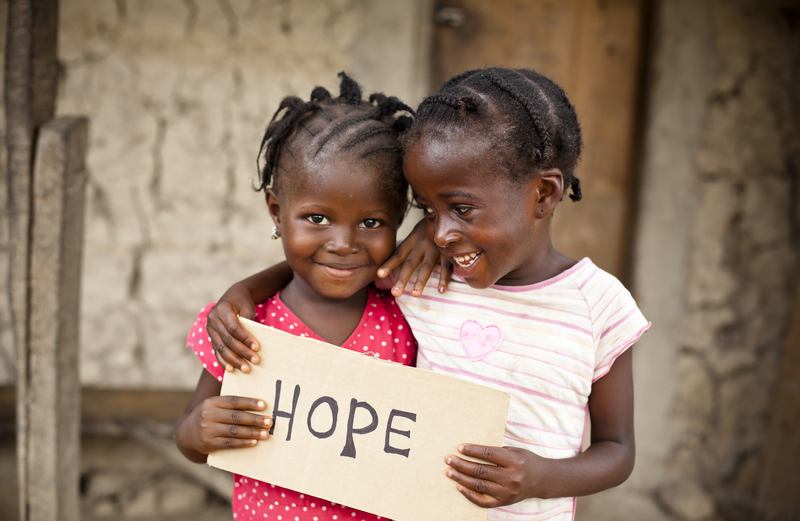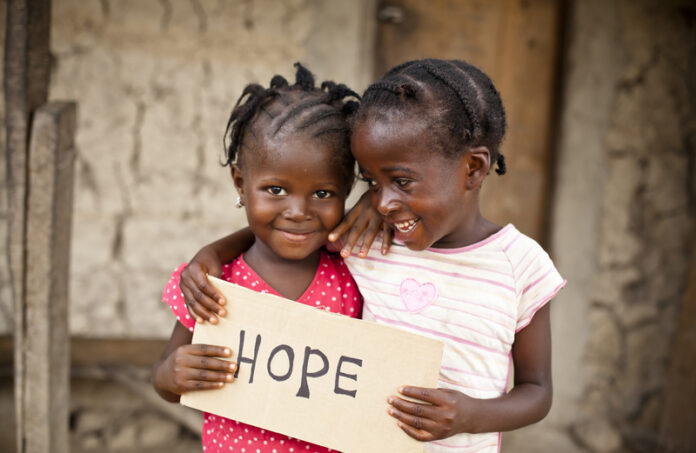By Gabs Mia
Kinshasa, DR Congo: More than $20 billion is spent annually in the continent on military interventions. Over the last decade, Africa’s cumulative GDP losses due to conflicts amounted to a staggering $788 billion!
These figures are too costly for the continent to lose, especially in the face of glaring developmental needs. These figures could be reduced, and the money diverted towards socio-economic developmental efforts, if the root causes for conflict are tackled in a holistic manner.
The conflict has deeply affected the lives of millions of people. Africa is home to nearly one-third of the world’s forcibly displaced population, including Refugees, Internally Displaced Persons (IDPs), and Asylum Seekers.
The displacement caused by conflicts has uprooted families, shattered communities, and left individuals without homes, livelihoods, and access to basic services. The detrimental effects of conflict affect future generations as education healthcare and other social service systems get disrupted, leaving millions out of school and without any basic social services. The dreams and aspirations of these children are put on hold, further perpetuating cycles of poverty and inequality.

Women and girls become victims of unimaginable atrocities with long-lasting physical and psychological scars. The impact on their lives and the fabric of their communities is too big to be quantified. There is therefore an urgent need to move from policies and strategies to action. A holistic approach that looks at the entire conflict cycle from prevention to post-conflict development and reconstruction is therefore required.
“This AUDA-NEPAD program recognizes that security is a public good and can no longer be de-coupled from the continent’s economic development and prosperity”, says the CEO of AUDA-NEPAD, Ms. Nardos Bekele-Thomas.
The issue of Post Conflict Reconstruction and Development (PCRD) is an important subject area for the continent, given that almost half of the 32 countries having conflict are in Africa.
Whilst a lot of peace-keeping efforts have been undertaken by both national governments, NGOs, and development partners alike, it is increasingly being recognized that these need to be implemented hand in glove with security and development efforts.
A long-term and sustained engagement over an extended period is required, a home-grown approach that has a focus on building strong institutions, promoting good governance, fostering inclusive political processes, and ensuring active participation of affected communities.
Given the importance of a holistic approach in addressing the root cause of conflict, the AUDA-NEPAD has developed its program on “Socio-Economic Development in Post Conflict States: the triple nexus on Peace, security and Development”.
“This AUDA-NEPAD program recognizes that security is a public good and can no longer be de-coupled from the continent’s economic development and prosperity”, says the CEO of AUDA-NEPAD, Ms. Nardos Bekele-Thomas.
The Peace, Security, and Development (PSD) nexus approach stems in part from a recognition that emergency needs are often symptoms of underlying issues that reflect broader inequalities and injustices. The PSD nexus thus recognizes that security crises can be caused and/or heightened by poor development policies and a lack of inclusive and appropriate development investment. PSD nexus thus represents an opportunity to engage with these root causes.
To promote sustainable development and peace through regional integration that is anchored on the principles of peace, security, and development. Also, AUDA-NEPAD PSD triple nexus programme thus proposes a set of interventions in the policy area, creating linkages with regional programmes and institutions with flexible programming on priority interventions in select post-conflict states (Democratic Republic of Congo (DRC), Libya, Mozambique, Rwanda, Sierra Leone, Somalia, and South Sudan) and establishing institutional frameworks of accountability, monitoring, and evaluation.
With proper coordination, this integrated programme will foster sustainable development and peace and regional integration on the continent that is anchored on the principles of PSD nexus. This is designed as a multi-year programme to be implemented over 5 years.














